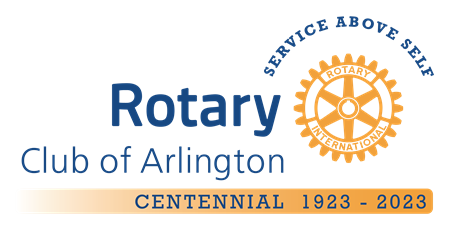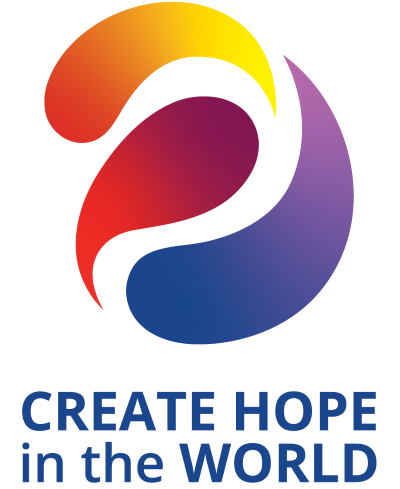
History of the 4-Way Test
The 4-Way Test was conceived by Herbert J. Taylor, a Chicago Rotarian and president of Rotary International in 1954-55. He applied The 4-Way Test to the operation of his company with remarkable results and subsequently shared it with others. The story is told by Herbert J. Taylor in this description of how the Test came into existence and what effect it had.
“Back in 1932, I was assigned by the creditors of the Club Aluminum Products Company the task of saving the company from being closed out as a bankrupt organization. The company was a distributor of cookware and other household items. We found that the company owed its creditors more than $400,000 in excess of its total assets. It was bankrupt but still alive. At that time we borrowed $6,100 from a Chicago bank to give us a little cash on which to operate.
While we had a good product our competitors also had fine cookware with well-advertised brand names. Our company had some fine people working for it, but our competitors also had the same. Our competitors were naturally in much stronger financial condition than we were. With tremendous obstacles and handicaps facing us, we felt that we must develop something in our organization which our competitors would not have in equal amount. We decoded that is should be the character, dependability and service mindedness of our personnel. We determined, first, to be very careful in the selection of our personnel and, second, to help them become better men and women as they progressed with our company.
We believed that ‘In right there is might,’ and we determined to do our best to always be right. Our industry, as was true of scores of other industries, had a code of ethics – but the code was long, almost impossible to memorize and therefore impractical. We felt that we needed a simple measuring stick of ethics which everyone in the company could quickly memorize. We also believed that the proposed test should not tell our people what they must do but ask them questions which would make it possible for them to find out whether their proposed plans, policies statements or actions were right or wrong. We had looked in available literature for such a short measuring stick of ethics but could not find a satisfactory one.
One day in Jul 1932, I decided to pray abut the matter. That morning I leaned over my desk and asked God to give us a simple guide to help us think, speak and do that which was right. I immediately picked up a white card and wrote out The 4-Way Test of the things we think, say, or do as follows:”
Is it the Truth?
Is it Fair to all concerned?
Will it build Goodwill and Better Friendships?
Will it be Beneficial to all concerned?

